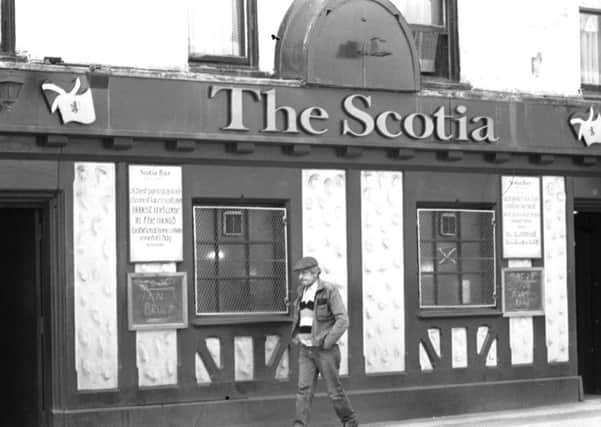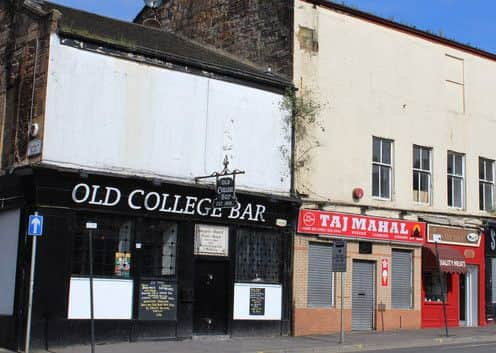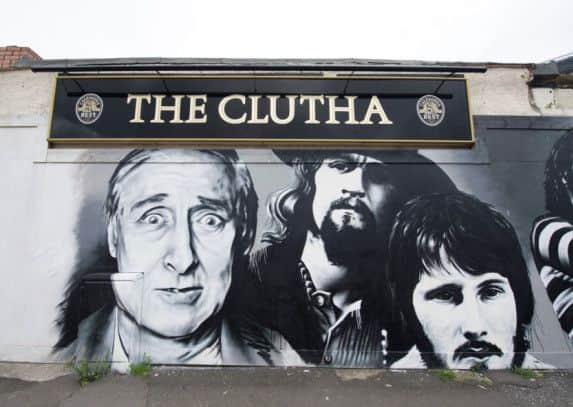A short history of Glasgow's oldest pubs


Old College Bar, High Street
The Old College Bar is one of several establishments to claim the title of oldest in Glasgow. A plaque above its door proclaims it as “Glasgow’s oldest public house. Ancient staging post and hostelry.” Its name is a reminder the University of Glasgow was based in the High Street until 1870, before the institution moved to the West End. Parts of the building are claimed to date back to 1515, but it has been subject to several extensions overtime. A plan to demolish the bar, which is unlisted, and several adjoining buildings, was submitted to the council in 2014. The bar remains open, but its future remains uncertain.
Sloans, Argyle Street


City centre venue Sloans was first established in 1797 as a coffee house in Morrisons Court, named after Ballie John Morrison. It was renamed after being bought over by David Sloan in the 20th century. The venue was transformed into Sloans Arcade Cafe which contained a lounge bar, dining rooms and cocktail bar. Now Grade A listed, the building still boasts many of its original features - including a ceramic tiled entrance, mahogany staircase and acid-etched glass.
The Scotia Bar, Stockwell Street
Advertisement
Hide AdAdvertisement
Hide AdThe Scotia Bar is immersed in history. Not only is it one of the oldest bars in the city, it’s situated on one of the four original streets in Glasgow. It was established in 1792 when the Clyde was a thriving waterway, close to the final ferry stage on the river. The bar, which retains many original interior features, remains a popular destination for a nightcap after a long day’s work. It enjoys an association with radical politics, the arts and a broad social mix of customers. The Scotia is believed to be haunted by spirits from every era of its past. Nonetheless, it remains popular with tourists, musicians and music lovers alike.


The Clutha, Stockwell Street
Named after the Gaelic word for the Clyde, the Clutha has sat proudly by the river since 1819. Like the nearby Scotia, it was once popular with the crews and passengers from the Clutha boats that would ferry people across the water. The bar now stands on its own but was originally the ground floor of a four-storey tenement block. When the building above was demolished, the pub remained. For much of the late 20th century it was known as McLaughlin’s. In 1992, Brendan McLaughlin returned it to its original name, The Clutha Vaults. Following the helicopter tragedy in 2013, the pub was comprehensively redesigned before reopening.
The Waterloo, Argyle Street
It may be younger than other historical Glasgow bars, but The Waterloo claims an important distinction as the city’s oldest gay bar. The establishment has been serving the LGBT community for over 30 years - but some regulars claim that it’s closer to 50. The building’s appearance is traditional, with the pub placed on the corner of a six-storey red sandstone building. While other gay bars are clustered in other parts of the city, The Waterloo is a reflection of an earlier era when the scene was underground.
